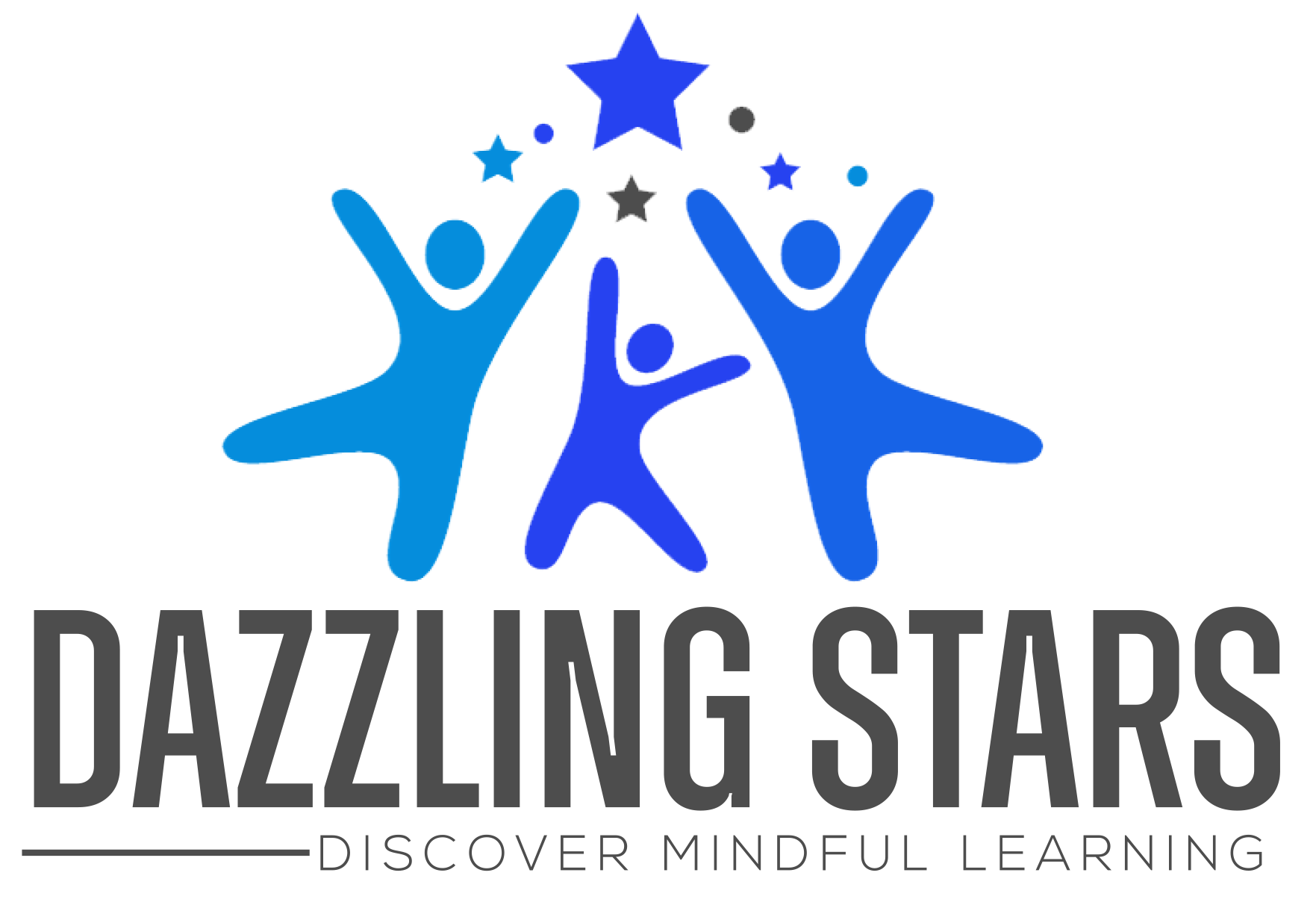In today’s fast-paced world, mindfulness has become increasingly important, especially in the education sector. With so many distractions and stressors, it can be difficult for students to focus and remain attentive in class. Incorporating mindfulness practices into education can help students better regulate their emotions, increase their focus, and improve their overall well-being.
Mindfulness involves being fully present and engaged in the current moment, without judgment. It can be practiced through a variety of techniques such as meditation, breathing exercises, and mindful movement. These practices can help students develop greater self-awareness and emotional regulation skills, which are crucial for success in school and in life.
For educators, mindfulness practices can help reduce burnout and stress. By practicing mindfulness themselves, teachers can better regulate their emotions and remain calm in stressful situations. This can lead to a more positive classroom environment and better relationships with students.
Here at Dazzling Stars, our tagline is “Discover Mindful Learning”. We realise the importance of mindfulness in education and thus, have incorporated mindfulness practices into our curriculum itself. Every week, our students will participate in an enrichment module titled, “The Memory Skill Scientist”. Under this module, students will learn about mindfulness practices and growth mindset through readings, group discussions , games and physical exercises/activities.
Ultimately, the benefits of mindfulness in education are clear. By incorporating these practices into the classroom, educators can help students develop the skills they need to succeed, both academically and personally. With the right resources and strategies, mindfulness can become a powerful tool for promoting well-being and success in the classroom and beyond.

